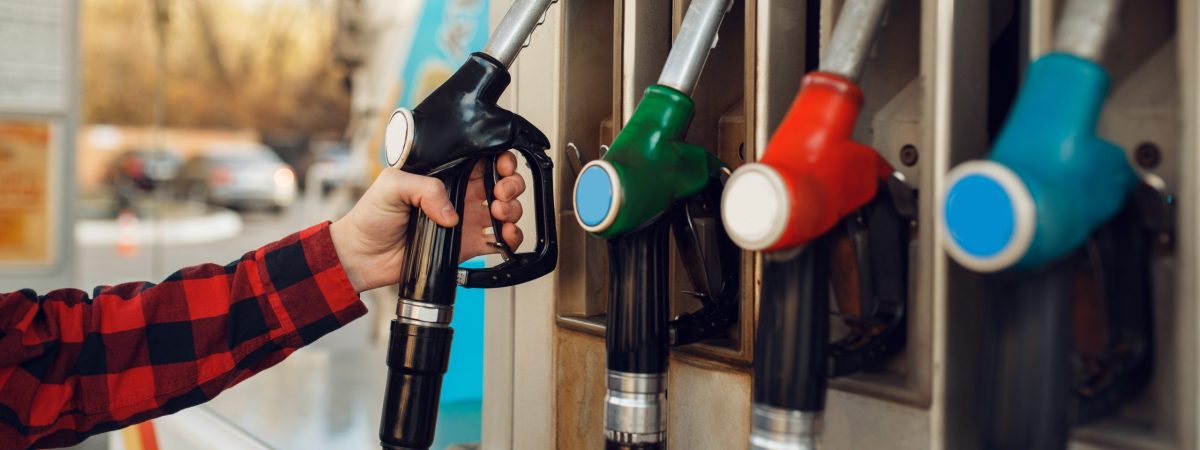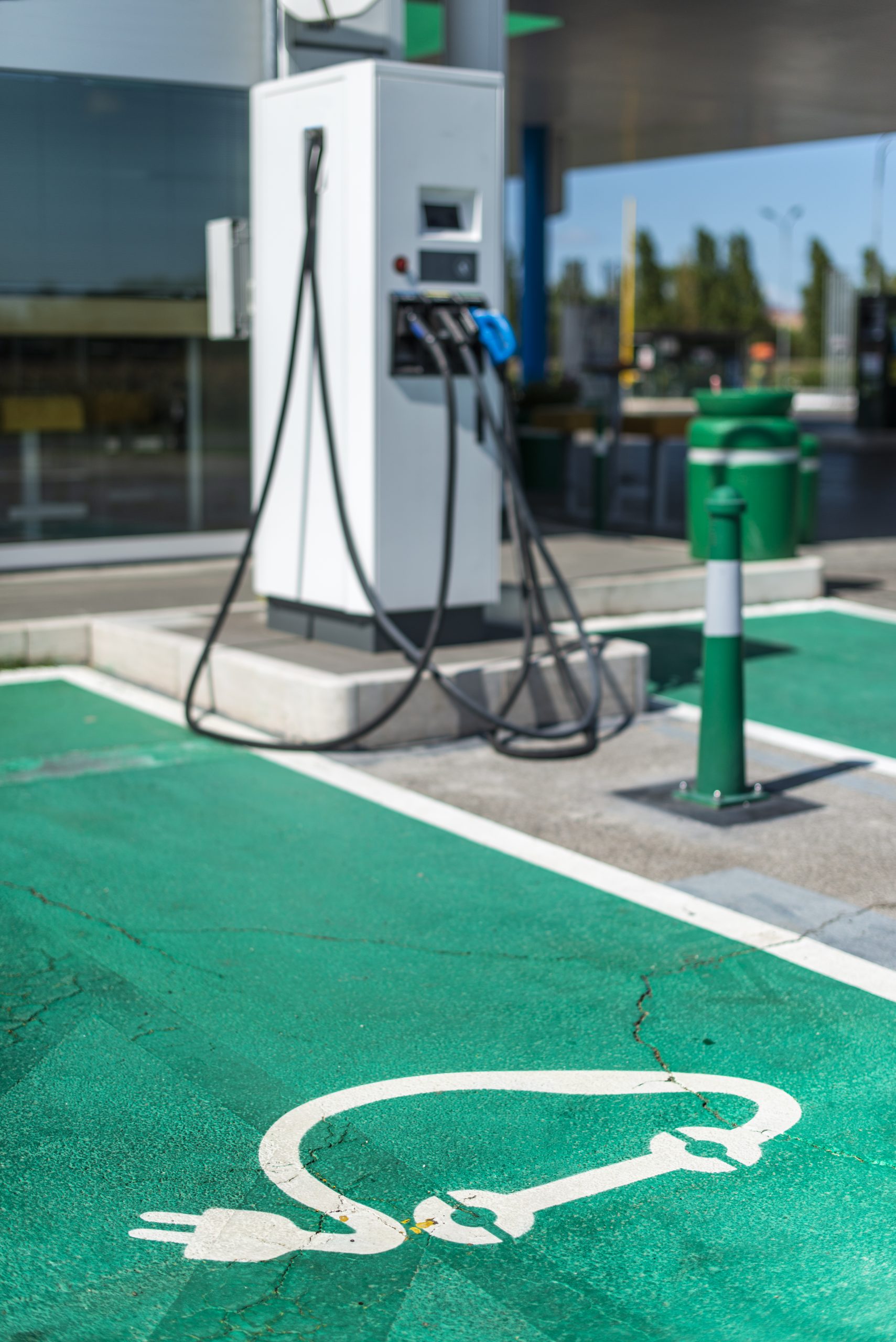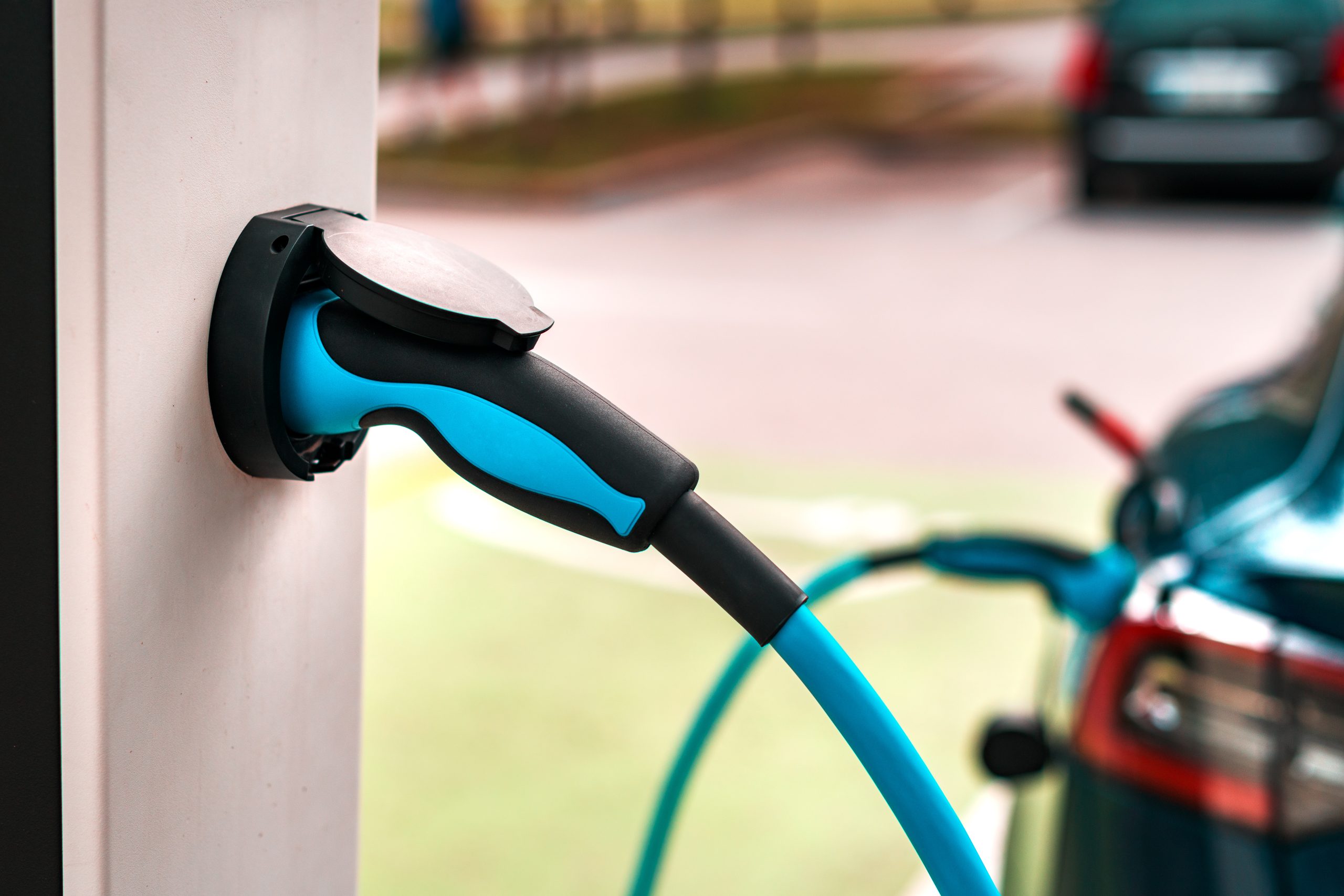Thinking of going electric? You’re not alone. Many drivers are weighing up the costs of an EV vs a petrol car. The good news is charging an electric car is cheaper than filling up with petrol, making the electric car cheaper in the long run.
On average charging an electric car at home is 7p per mile and a petrol car is 12p per mile. That’s a big difference over time especially for high mileage drivers.
Just to point out the initial purchase price of an electric car is often more than a petrol car. For example the electric Vauxhall Mokka is about £7,000 more than the petrol one. But lower running costs can help offset that in the long run.
Summary
Electric cars are cheaper per mile than petrol cars
EVs are more expensive to buy than petrol cars
Charging costs vary depending on where and when you charge your EV
Electric Vehicles 101
Electric vehicles are changing the way we think about transport. They use electricity to power the motor instead of petrol. This brings new tech and new ways to fuel our cars.
What is an Electric Vehicle
An electric vehicle (EV) runs on electricity stored in rechargeable batteries. You plug it in to charge like your mobile phone. EVs have an electric motor instead of an internal combustion engine, which converts electricity into motion.
EVs are quiet and don’t emit exhaust fumes. You’ll find they have instant torque which means quick acceleration. Many EVs can go over 200 miles on a single charge.
The main components of an EV are:
Battery pack
Electric motor
Onboard charger
Power electronics controller
These work together to get your car moving without petrol.
Types of Electric Vehicles
There are three types of electric vehicles:
Battery Electric Vehicles (BEVs): These run only on electricity. You charge them by plugging in. No petrol engine at all.
Plug-in Hybrid Electric Vehicles (PHEVs): These have both an electric motor and a petrol engine. You can plug them in to charge the battery. They run on electricity for short trips and petrol for longer ones.
Hybrid Electric Vehicles (HEVs): These have both motors but you can’t plug them in. The petrol engine charges the battery as you drive.
Each one is suited to different needs. BEVs are for zero emissions. PHEVs are for long trips. HEVs are for if you can’t charge at home.
Petrol Cars
Petrol cars have been around for over a century for personal transport. They have internal combustion engines and have their own cost factors to consider. Energy prices can significantly impact the cost of running petrol cars, making them more expensive to operate compared to electric vehicles.
Petrol Car Mechanics
Petrol cars use internal combustion engines to convert fuel into motion. The engine burns petrol in cylinders, creating explosive force that moves pistons. This motion turns a crankshaft which powers the wheels.
Key components of a petrol car are:
Fuel tank
Fuel pump
Carburettor or fuel injection system
Spark plugs
Exhaust system
Petrol cars need maintenance. You’ll need to change the oil, replace air filters and check spark plugs. These tasks keep your car running smoothly and efficiently.
Petrol Car Costs
When you own a petrol car several factors affect your overall costs. The biggest cost is usually fuel. Petrol prices can vary greatly and impact your daily running costs.
Fuel efficiency is key. It’s measured in miles per gallon (mpg). A car with higher mpg will cost less to run. Newer petrol cars often have better fuel efficiency than older models.
Other costs are:
Road tax (based on CO2 emissions)
Insurance
MOT tests
Servicing and repairs
Petrol cars may have lower upfront costs than electric vehicles. But the long term costs can add up if petrol prices rise or your car has poor fuel efficiency.
EV Charging Costs
Charging an electric vehicle (EV) can be cheaper than fuelling a petrol car. The costs vary depending on where and when you charge your EV.
Home Charging Costs
Charging at home is usually the cheapest option, but your overall costs will depend on your home electricity costs. Average cost per kWh for home charging is about 7p during off-peak hours. So you can fully charge a typical EV for £5-£10.
To get the best rates:
Install a home charger
Switch to an EV-friendly tariff
Charge during off-peak hours
Your costs will depend on your car’s efficiency and your electricity tariff. Most EVs can travel 3-4 miles per kWh.
Public Charging Costs
Public charging points are usually more expensive than home charging, with costs varying greatly depending on the provider and charging speed.
Slow and fast chargers 20-40p per kWh. Rapid and ultra-rapid chargers 40-70p per kWh.
Some factors that affect public charging costs:
Charging speed
Location
Time of day
Membership deals
Charging Efficiency and Speed
Charging speed affects both convenience and cost. Faster charging costs more but saves time.
Home chargers usually provide 7kW, fully charging most EVs overnight. Public chargers offer various speeds:
Slow: 3-7kW
Fast: 7-22kW
Rapid: 50kW
Ultra-rapid: 100kW+
Rapid and ultra-rapid chargers can add 100+ miles of range in 30 minutes. But they’re more expensive and less efficient.
Your car’s efficiency also matters. More efficient EVs cost less to charge and go further per kWh.
Running Costs Comparison
Comparing the running costs of electric vehicles (EVs) and petrol cars shows a big difference. Several factors affect the overall costs, fuel costs, taxes and maintenance.
EV vs Petrol Fuel Costs
When it comes to fuel costs EVs have the advantage. Electric car charging is 8p per mile, petrol cars are 17p per mile to fuel. So you can save nearly 50% by switching to an EV.
For example, charging a Vauxhall Corsa-e at home costs £17 for 222 miles of range. The petrol equivalent would cost £77.85 for 446 miles. Even with more expensive roadside charging EVs still come out ahead at 14p per mile.
Electricity prices have risen more than petrol prices in recent years. Since 2019 electricity has increased by 68% compared to 13% for petrol.
Taxation and Incentives
EVs get lower taxation and various incentives. In the UK you pay no Vehicle Excise Duty (road tax) on fully electric cars. That can save you hundreds of pounds a year compared to petrol cars.
Many local authorities offer free or discounted parking for EVs. Some cities also have exemptions from congestion charges or low emission zone fees.
The government has offered grants for buying EVs in the past, but these have been reduced in recent years. However you can still find incentives for installing home charging points.
Insurance and Servicing Costs
Insurance for EVs is usually higher than for petrol cars due to the higher purchase price and specialisation of repairs. But that gap is narrowing as more insurers get to know EVs.
Servicing for EVs is generally cheaper. They have fewer moving parts and no oil changes. An EV will need two services, two pollen filter changes and two brake fluid changes in the first year. A petrol car will need one oil service and one oil and inspection service.
EVs also have lower brake wear due to regenerative braking systems, so that’s another cost saving.
Environmental Impact
Electric vehicles (EVs) and petrol cars have different environmental impacts. The main differences are in their carbon footprint and air quality in urban areas.
Carbon Footprint Comparisons
EVs have a lower overall carbon footprint than petrol cars. EV production creates more emissions initially but they make up for it during their lifetime.
Your EV’s carbon footprint is dependant on how you charge it. Using renewable energy sources like wind or solar power can reduce emissions by a lot.
In the UK an EV’s environmental impact is lower than a petrol car after 18 months of ownership. For diesel cars it’s 2 years.
Climate affects EV efficiency. In extreme heat or cold you may use up to 15% more energy which will increase your carbon footprint slightly.
Clean Air Zones and Emissions
EVs produce zero tailpipe emissions so are perfect for clean air zones in cities. When you drive an EV you don’t release harmful pollutants like nitrogen oxides or particulate matter.
Many UK cities have introduced or are introducing clean air zones. In these areas you may be charged to drive a petrol or diesel car. With an EV you can avoid those fees.
EVs help improve air quality in urban areas. That’s especially important in areas with high traffic congestion. By switching to an EV you’re contributing to cleaner air and better public health in your community.
Infrastructure and Accessibility
EV charging infrastructure is growing but still has challenges. Availability of charging points and expansion of public networks is key to EV adoption.
EV Charging Points
The UK has seen an increase in EV charging points but coverage is still patchy. Urban areas especially London have more options than rural areas.
You’ll find different types of chargers:
Slow (3-7kW)
Fast (7-22kW)
Rapid (50kW+)
Home charging is common for EV owners with off street parking. If you live in a flat or lack private parking you may use public chargers more.
Some workplaces offer charging facilities which can be handy for topping up during the day.
Expansion of Public Charging Network
The public charging network is growing to meet demand. Motorway service stations are becoming popular locations for rapid or supercharging electric vehicles, providing convenient and time-saving options for drivers on long journeys. Major players like bp pulse are installing new charge points across the UK.
You’ll see more chargers at:
Supermarkets
Car parks
Petrol stations
Motorway services
The government wants 300,000 public chargers by 2030. That’s when the ban on new petrol and diesel car sales comes in.
Charging speeds are getting faster, ultra-rapid chargers (150kW+) are becoming more common. These can add significant range in 15-30 minutes.
The Future
The charging landscape for electric vehicles is about to change big time in the next few years. New tech and wider adoption will change the way we think about car fuelling.
EV Adoption Trends
Electric car sales are growing fast. By 2030 experts predict EVs will be over 50% of new car sales in many countries. That will drive more investment in charging infrastructure.
You’ll see more charging points in car parks, workplaces and along motorways. Home charging will be standard in new builds. As demand increases the cost of EVs will come down making them more accessible.
Government incentives will still be around. The Electric Vehicle Homecharge Scheme may evolve to support this growth.
Future Charging Tech
Charging tech is moving fast. You’ll see:
Ultra-fast chargers that can add 100 miles of range in 5 minutes
Wireless charging pads in roads and parking spaces
Smart charging that optimises for grid demand and lower electricity rates
Battery tech will improve range and charging times. That will make long trips in EVs more practical and reduce range anxiety.
Fuel Prices
As EV adoption increases petrol demand will decrease. That could mean:
Gradual reduction in petrol stations
Volatility in petrol prices
More focus on renewable energy for electricity generation
Electricity prices may rise as demand increases but overall running costs for EVs will be lower than petrol cars. The cost gap between charging an EV and fuelling a petrol car will get bigger.
Government policies on fuel duty and road pricing may change as we move away from petrol vehicles. That will impact the relative costs of EVs vs petrol cars in the future.








